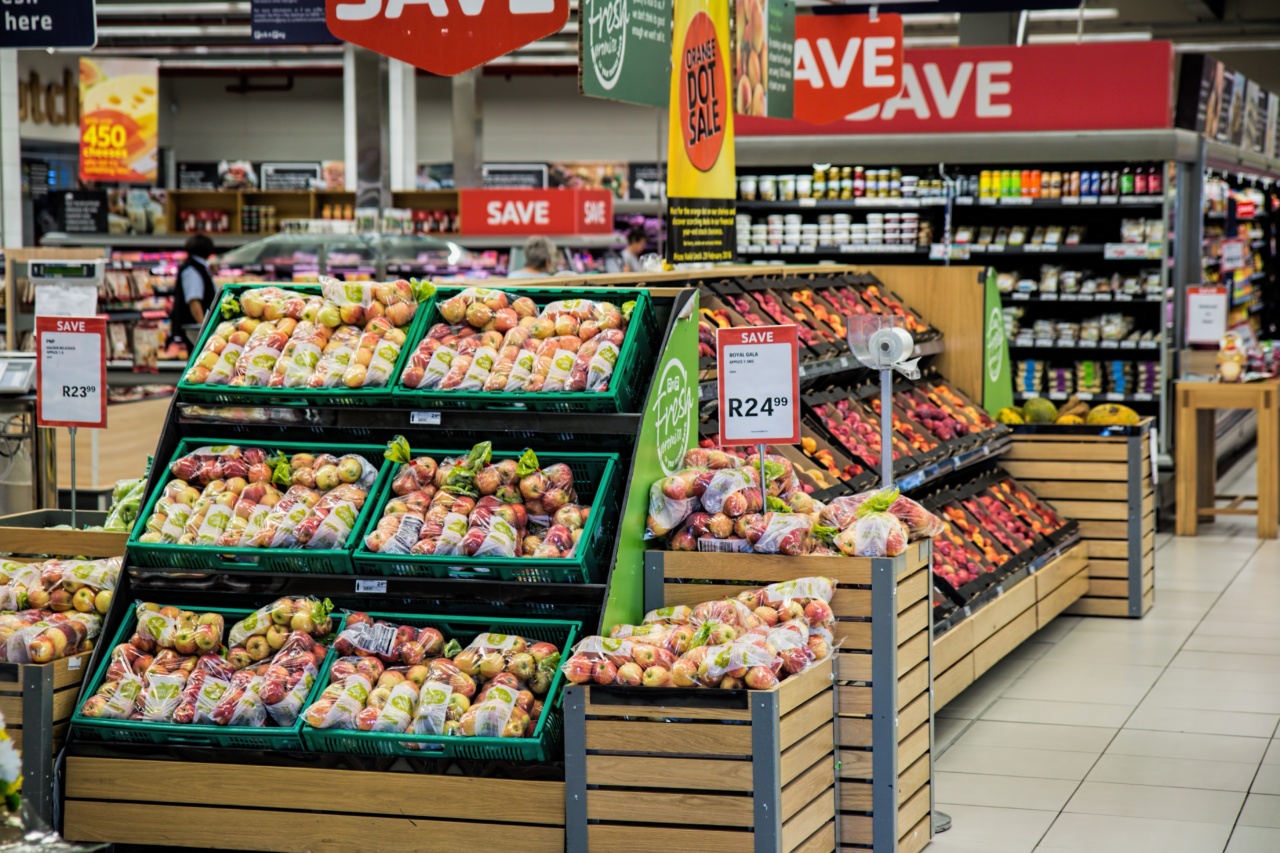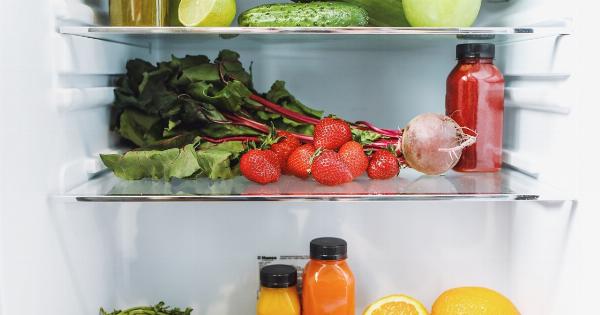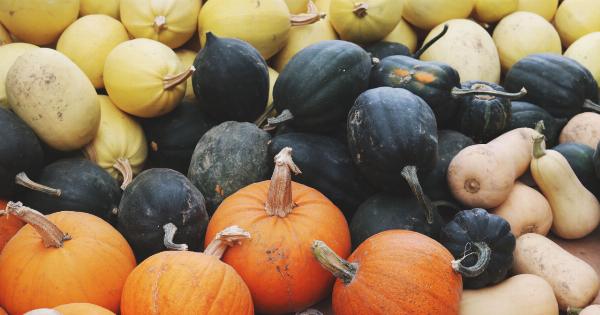When you bring fresh produce home from the grocery store or farmer’s market, you want to make sure it stays fresh for as long as possible.
Properly storing your fruits and vegetables can help extend their shelf life, prevent spoilage, and save you money. Here’s the ultimate guide to storing produce:.
How to store fruits
1. Apples – Keep apples in a cool, dark place, such as your refrigerator’s crisper drawer or a pantry.
Apples give off ethylene gas, which can cause other fruits and vegetables to ripen and spoil more quickly, so it’s best to store them separately.
2. Berries – Berries like strawberries, raspberries, and blueberries are delicate and should be refrigerated as soon as possible. Store them unwashed in their original container or a breathable container lined with paper towels to absorb moisture.
3. Citrus – Citrus fruits like oranges, lemons, and grapefruits can be stored on your counter or in your refrigerator’s crisper drawer. They’ll stay fresh for up to two weeks, but make sure to keep them away from direct sunlight and heat.
4. Grapes – Keep grapes unwashed in their original container in your refrigerator’s crisper drawer. They’ll last up to a week.
5. Melons – Whole melons like watermelon and cantaloupe can be stored on your counter at room temperature for up to a week. Once cut, store in the refrigerator in an airtight container for up to three days.
6. Bananas – Keep bananas on your counter until they’re ripe and then move them to your refrigerator’s crisper drawer to help slow down the ripening process. Cover the stem with plastic wrap to extend the shelf life.
How to store vegetables
1. Leafy greens – Wrap leafy greens like lettuce or spinach in a paper towel or kitchen towel and place in a plastic bag. Store them in your refrigerator’s crisper drawer for up to a week.
2. Root vegetables – Carrots, beets, and radishes can be stored in a breathable bag or container in your refrigerator’s crisper drawer for up to two weeks.
3. Peppers – Store whole peppers in the refrigerator’s crisper drawer or in a sealed container. Sliced peppers should be used within a few days.
4. Onions – Store onions in a cool, dry place, such as a pantry or basement. Avoid storing them with potatoes or fruits that give off ethylene gas, as this will cause them to spoil more quickly.
5. Tomatoes – Store tomatoes at room temperature with the stem side down. Putting them in the refrigerator can prevent them from ripening properly.
How to store herbs
1. Fresh herbs – Store fresh herbs like basil and parsley in a jar with water, just like you would with flowers. Cover the jar with a plastic bag and store in your refrigerator’s crisper drawer.
Change the water every few days and the herbs can last up to two weeks.
2. Dried herbs – Store dried herbs in an airtight container in a cool, dark place, like your pantry. Herbs usually last up to six months but check the expiry date on the container for more information.
How to store leftovers
If you have leftover produce that you can’t eat right away, don’t let it go to waste! Here are a few tips for storing leftovers:.
1. Refrigerate – Most fruits and vegetables should be stored in the refrigerator to slow down spoilage.
2. Freeze – If you can’t eat your produce in time, consider freezing it. Cut fruits and vegetables into smaller pieces and place in an airtight container or freezer bag. They can be stored in your freezer for up to six months.
3. Compost – If your produce has gone bad, don’t throw it in the garbage. Instead, consider starting a compost pile to turn your leftovers into nutrient-rich soil for your garden.
Conclusion
Properly storing your fruits and vegetables can help extend their shelf life, prevent spoilage, and save you money. By following these tips, you’ll be able to enjoy your produce for longer and reduce your food waste.





























